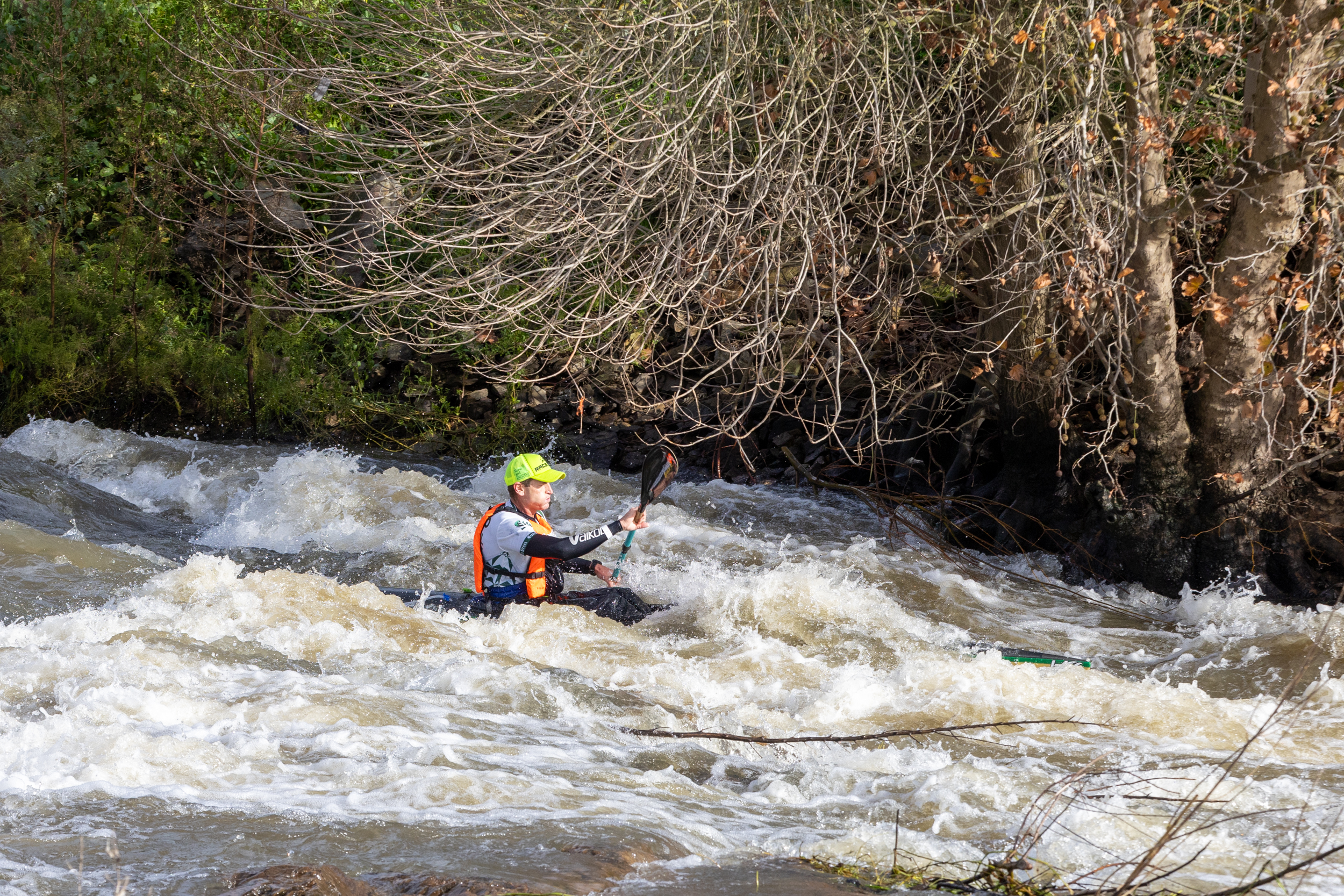Introduction
The Berg River, winding through the picturesque landscapes of the Western Cape, is a crucial waterway that holds significant ecological, economic, and social importance for South Africa. As one of the country’s major rivers, it plays a key role in supporting biodiversity, agriculture, and local communities. Understanding the Berg River’s value is essential in fostering sustainable practices and conservation efforts as climate change continues to impact water resources.
The Ecological Significance of the Berg River
The Berg River supports a diverse range of ecosystems that include wetlands, riverside vegetation, and various aquatic habitats. Home to numerous species of fish and birds, including threatened and endemic species, the river is a biodiversity hotspot. The incorporation of the Berg River into the Cape Floristic Region—a UNESCO World Heritage Site—highlights its ecological importance. Efforts to preserve its natural habitats are vital, especially as recent surveys indicate declining fish populations due to pollution and habitat degradation.
Agricultural Contributions
The Berg River plays a pivotal role in the agriculture of the Western Cape, providing essential irrigation water for the region’s fruit and wine industries. With more than 65% of South Africa’s wine production originating from the vineyards along its banks, the river is critical for both local and national economic stability. The agricultural sector heavily relies on water availability; hence, the management of the Berg River’s waters is crucial for ensuring sustainable farming practices and future food security.
Social and Cultural Aspects
Communities along the Berg River have a rich cultural connection to the waterway, relying on it for recreational activities, such as fishing, kayaking, and picnicking. Local conservation groups and municipalities are increasingly engaging with the community to promote awareness of the river’s health and significance. These initiatives aim to foster a sense of stewardship among residents, emphasizing that the wellbeing of the Berg River is tied to their quality of life.
Conclusion and Future Outlook
The Berg River stands as a testament to the intricate relationship between humanity and nature, underlining the importance of conserving our natural resources. With increasing pressures from climate change and urban development, collective action is imperative to safeguard the river’s future. Stakeholders, including government agencies, local communities, and environmental organizations, must collaborate to implement effective conservation strategies. Protecting the Berg River is not just essential for the ecosystem—it is crucial for the livelihoods and health of those who depend on it. With proper management and care, the Berg River can continue to be a lifeline for future generations in South Africa.


